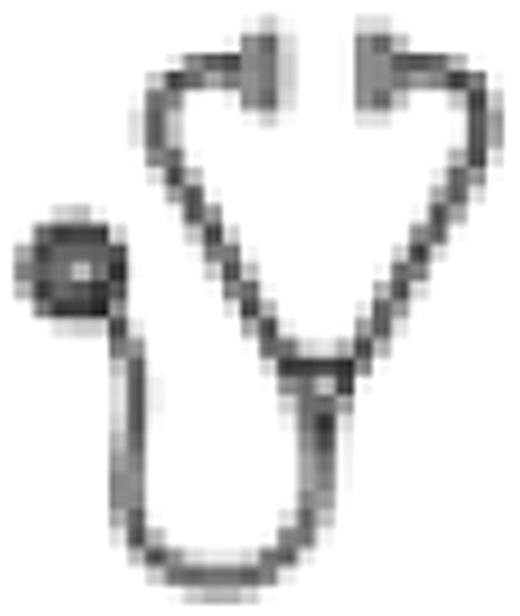Abstract
Iron deficiency is a risk of blood donation, especially for premenopausal females. Iron depletion may also be associated with diminished wellbeing. Blood donors developing anemia must be deferred from donation and referred for medical review. Iron deficiency is thus both a risk to individual donors and the national blood supply. How iron depletion affects donor health remains poorly understood, and there are few published data on predictors of donor deferral. We sought to (1) identify factors associated with donor iron depletion, including whether depletion was associated with health and/or with subsequent deferral from blood donation; and (2) evaluate whether iron indices, including serum hepcidin levels, could predict subsequent deferral.
Non-anemic, premenopausal, eligible female whole blood donors were recruited, completed the SF-36 health survey and had samples taken for serum ferritin and serum hepcidin (ELISA) prior to donation. After a minimum of 6 months, records were reviewed to identify whether donors had returned for subsequent donation; any change in hemoglobin (Hb) and deferral for anemia was documented.
Of 261 non-anemic donors, 22.6% had ferritin<15ng/mL (“iron depletion”) at baseline. This was associated with number of donations over previous 12 months (OR 1.95 per donation, P<0.001). At baseline, 27.6% donors had serum hepcidin<18ng/mL. There was no association between iron depletion and impaired health as measured by SF-36 (linear regression: log(ferritin) versus physical, mental & general health, vitality and social functioning scores, all P>0.10). After a minimum 6 months follow-up, 150 (58.1%) donors had returned for donation. Baseline Hb and ferritin was similar between donors who did and did not return for donation (P=0.37 & P=0.17 respectively). The following analysis relates only to returning donors: mean Hb was lower at follow-up (131.3g/L) than baseline (133.7g/L)(P<0.01, t-test); anemia (Hb<120g/L) developed in 8.1% (Hb<120g/L), and this was associated with baseline iron depletion (OR 20.3, P<0.001). Deferrals due to anemia occurred in 10/150 (6.7%): 9 (90%) of these donors had baseline ferritin<15ng/mL, compared with 30/140 (21.4%) of those not deferred (OR 33.0, P<0.001). Baseline Hb was higher in donors not deferred (mean 134.5g/L) compared with those deferred (mean 124.4g/L)(P<0.0005, t-test). Both ferritin (AUCROC=0.88) and Hb (AUCROC=0.87) were useful predictors of subsequent deferral due to anemia. Ferritin<15ng/mL had sensitivity 90% and specificity 78.6% in predicting deferral. Serum hepcidin also predicted future deferral (AUCROC=0.81): hepcidin<18ng/mL had sensitivity 90% and specificity 71.4% in predicting deferral.
Iron deplete donors are more likely to develop anemia and be deferred from future donations. Donor iron depletion is associated with number of previous donations. Although we did not find iron depletion without anemia to be associated with concurrent health impairment, development of anemia in donors is a major potential adverse health outcome. Screening for iron depletion using rapid or point-of-care assays of iron status may offer opportunities to alleviate subsequent anemia and deferral through early intervention, to improve donor health, reduce deferrals and contribute to sufficiency of national blood supplies. Prevention of donor iron deficiency is a high priority for the Australian Red Cross Blood Service and is being addressed through donor education, research and investigation of iron replacement strategies.
Westerman:Intrinsic Life Sciences: Employment, Membership on an entity's Board of Directors or advisory committees. Nemeth:Intrinsic Life Sciences: Employment, Membership on an entity's Board of Directors or advisory committees. Ganz:Intrinsic Life Sciences: Employment, Membership on an entity's Board of Directors or advisory committees.

This icon denotes an abstract that is clinically relevant.
Author notes
Asterisk with author names denotes non-ASH members.

